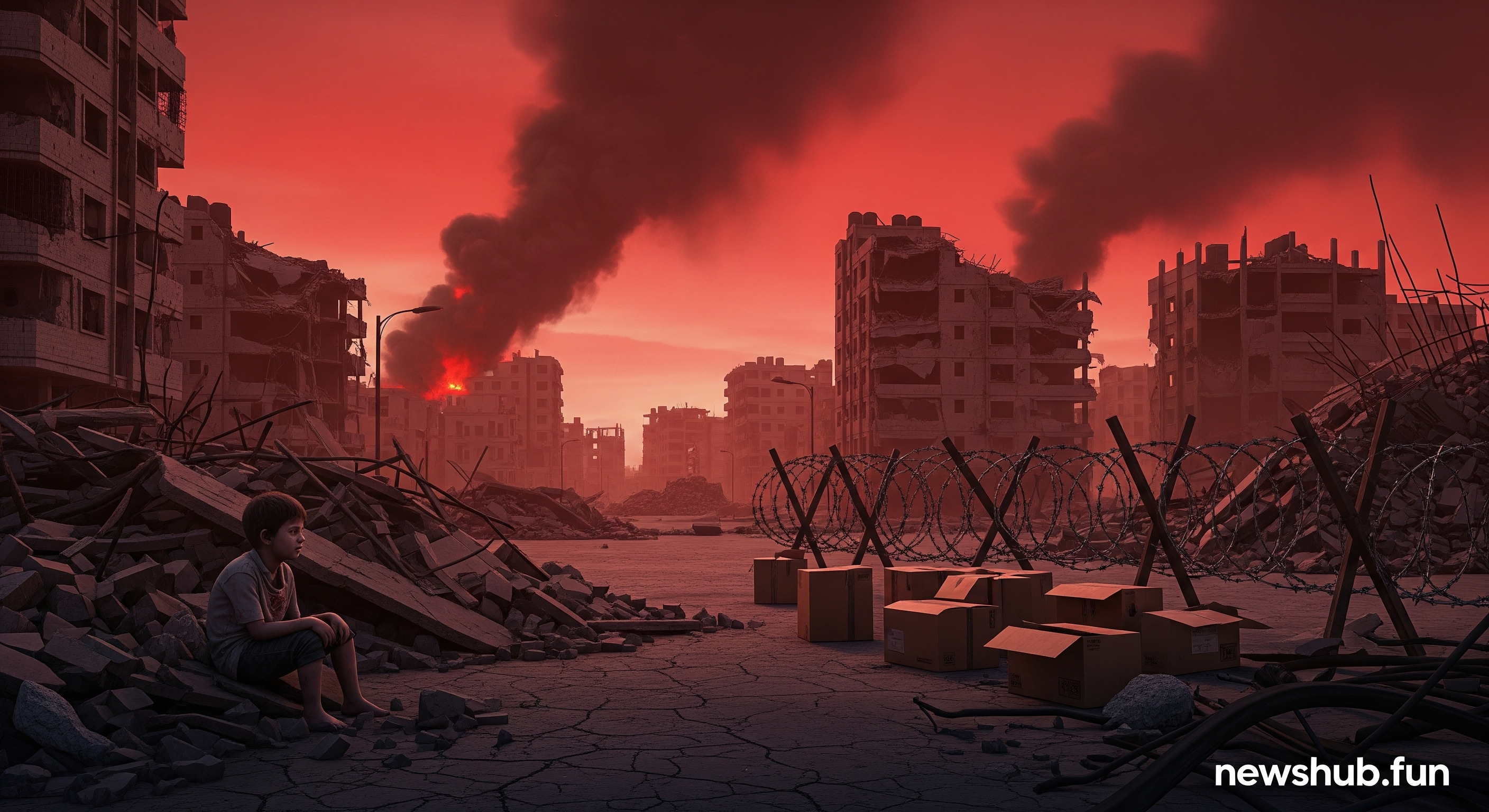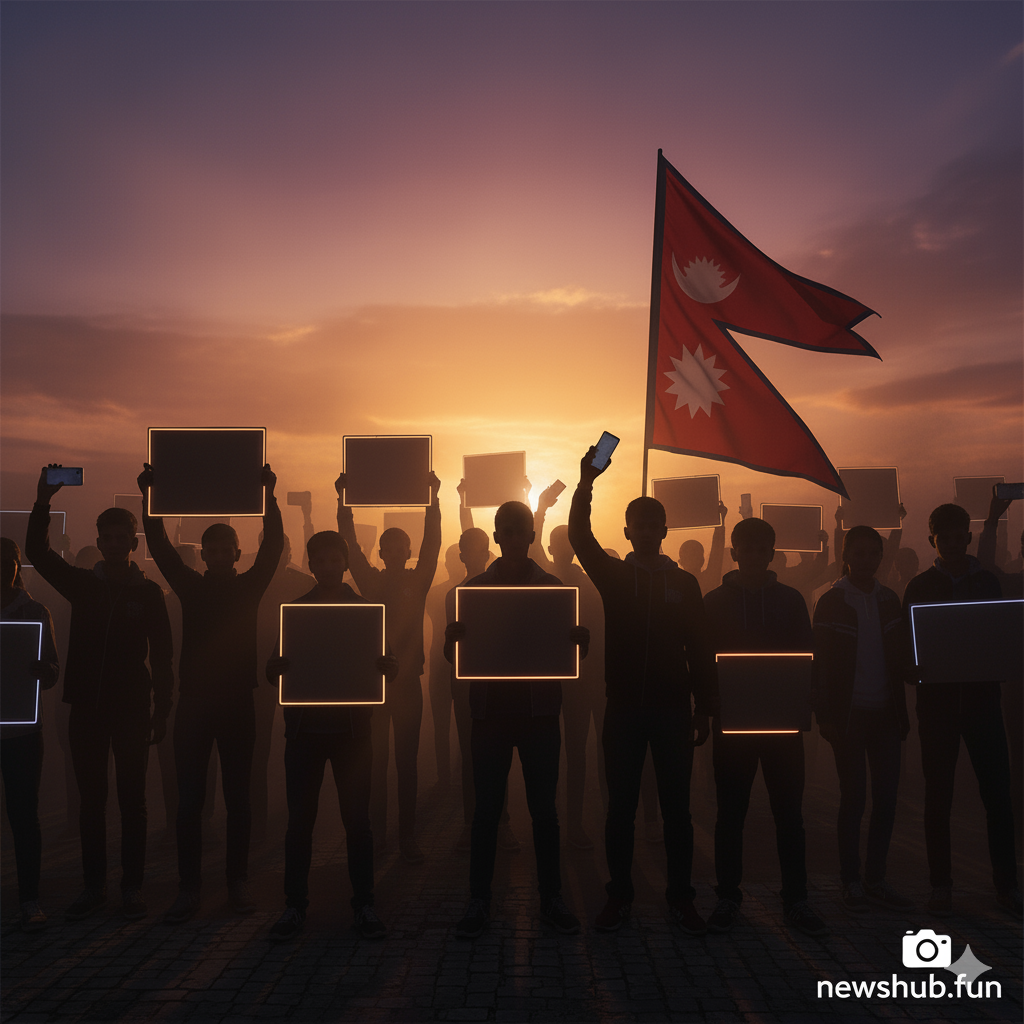Introduction
The world order is undergoing rapid transformation. Once dominated by a few superpowers, today’s international stage is witnessing the rise of new alliances, shifting trade routes, and regional blocs challenging traditional powers. From the expansion of BRICS to the growing influence of the Shanghai Cooperation Organization (SCO), the balance of power is moving toward a more multipolar world.
The Decline of Unipolar Dominance
For decades after the Cold War, the United States maintained global dominance. However, economic challenges, prolonged conflicts, and rising rivals have weakened its unipolar authority.
-
U.S. Foreign Policy Fatigue: Military interventions have drained resources.
-
Economic Rivalries: China’s rise as the world’s second-largest economy challenges U.S. hegemony.
-
Shift to Multipolarity: Regional powers are asserting independence instead of aligning with a single superpower.
The Rise of Emerging Alliances
-
BRICS Expansion – Originally Brazil, Russia, India, China, and South Africa, BRICS has expanded to include more members, aiming to reduce Western dominance in finance and trade.
-
Shanghai Cooperation Organization (SCO) – With Russia, China, Pakistan, and Central Asian states, SCO has become a significant bloc in Eurasian politics.
-
Regional Power Blocs – African Union and ASEAN countries are strengthening economic and security cooperation, reducing dependency on Western institutions.
Impact on Global Economy
-
De-Dollarization: BRICS and other alliances are exploring alternatives to the U.S. dollar in trade.
-
Energy Security: Russia, Middle Eastern states, and Central Asia are forming energy partnerships that bypass Western influence.
-
Trade Corridors: Initiatives like China’s Belt and Road are redrawing global trade routes.
Security and Military Dimensions
-
NATO vs. Eurasian Alliances: As NATO expands, rival security partnerships grow stronger.
-
Technology & Cybersecurity: Nations are competing not just in arms, but also in AI, cyber defense, and space exploration.
-
Proxy Conflicts: Smaller states are becoming arenas for great power competition.
What This Means for Ordinary People
-
Rising Costs of Living: Global power struggles often lead to sanctions, trade wars, and inflation.
-
Shifts in Migration: Conflict zones create refugees while growing economies attract new workers.
-
Changing Job Markets: Global supply chains are shifting, creating new opportunities but also uncertainties.
.jpg)

.jpg)

0 Comments
No comments yet. Be the first to share your thoughts!
Leave a Reply